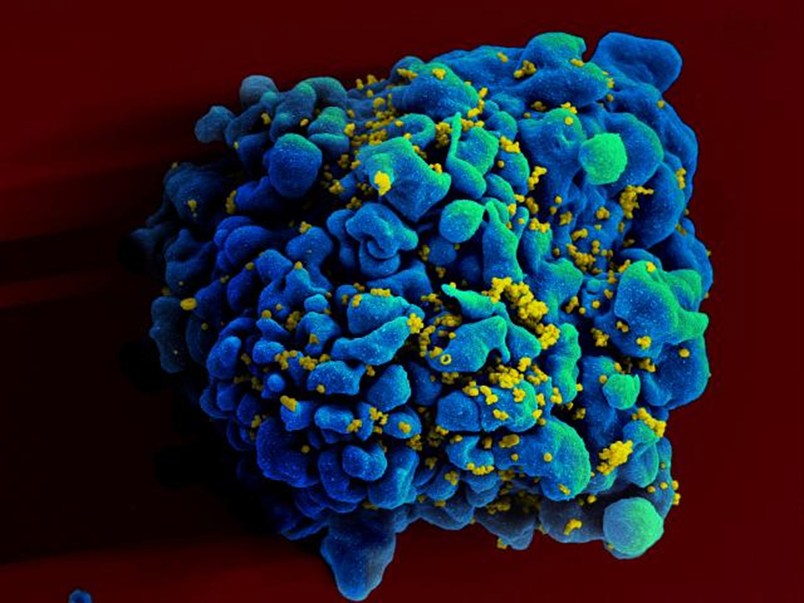Doctors this month detected HIV in a Mississippi child, now nearly 4 years old, who had been seemingly cured of the virus last year.
The child was born with HIV and underwent antiretroviral therapy for the first 18 months of her life. Her mother did not bring the child back for treatment for five months; when doctors tested her again, they did not find detectable HIV, leading them to believe the 18 months of treatment could be effective permanently. For more than two years, doctors did not detect HIV in the child leading to stories that the child was “cured.” Now, doctors say, that is not the case.
“Certainly, this is a disappointing turn of events for this young child, the medical staff involved in the child’s care, and the HIV/AIDS research community,” National Institute of Allergy and Infectious Diseases Director Dr. Anthony Fauci said in a statement Thursday. “Scientifically, this development reminds us that we still have much more to learn about the intricacies of HIV infection and where the virus hides in the body. The NIH remains committed to moving forward with research on a cure for HIV infection.”
Fauci said that while antiretroviral therapy did not completely cure the child of the virus, the treatment still “may have considerably limited its development.”
“Now we must direct our attention to understanding why that is and determining whether the period of sustained remission in the absence of therapy can be prolonged even further,” he said.
Dr. Deborah Persaud, a professor at the John Hopkins Children’s Center in Baltimore who was involved in the child’s case, said that the results of the treatment are still a step forward.
“The fact that this child was able to remain off antiretroviral treatment for two years and maintain quiescent virus for that length of time is unprecedented,” she said in the NIAID statement. “Typically, when treatment is stopped, HIV levels rebound within weeks, not years.”






